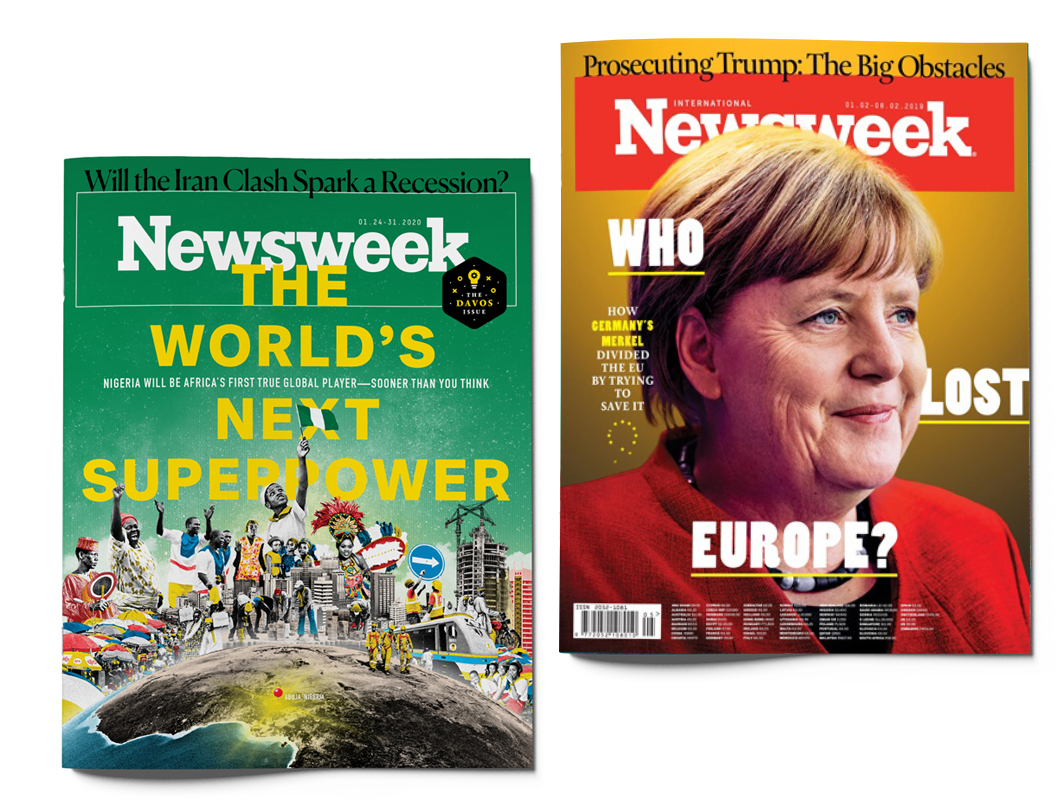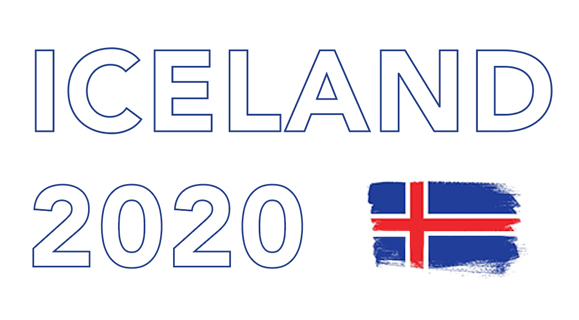
A regenerated economy and innovative social model to lead in adversity
Iceland’s miraculous economic recovery after the collapse of its banking system in 2008 is a unique success story and by far an exception in Europe. In just a few years and after crippling sacrifices, the Atlantic island nation managed to get back on its two feet, shed mountains of debt and reboot its financial, political and social structure to spark new growth and investment. Yet as a small and highly open economy, reliant on tourism and exports, Iceland is today deeply exposed to the current global economic shock. Its educated, innovative, forward-looking and proactive population is certainly its best shield against the crisis. And leaning on the lessons learnt from the past, the country is very well equipped to lead through adversity once again.
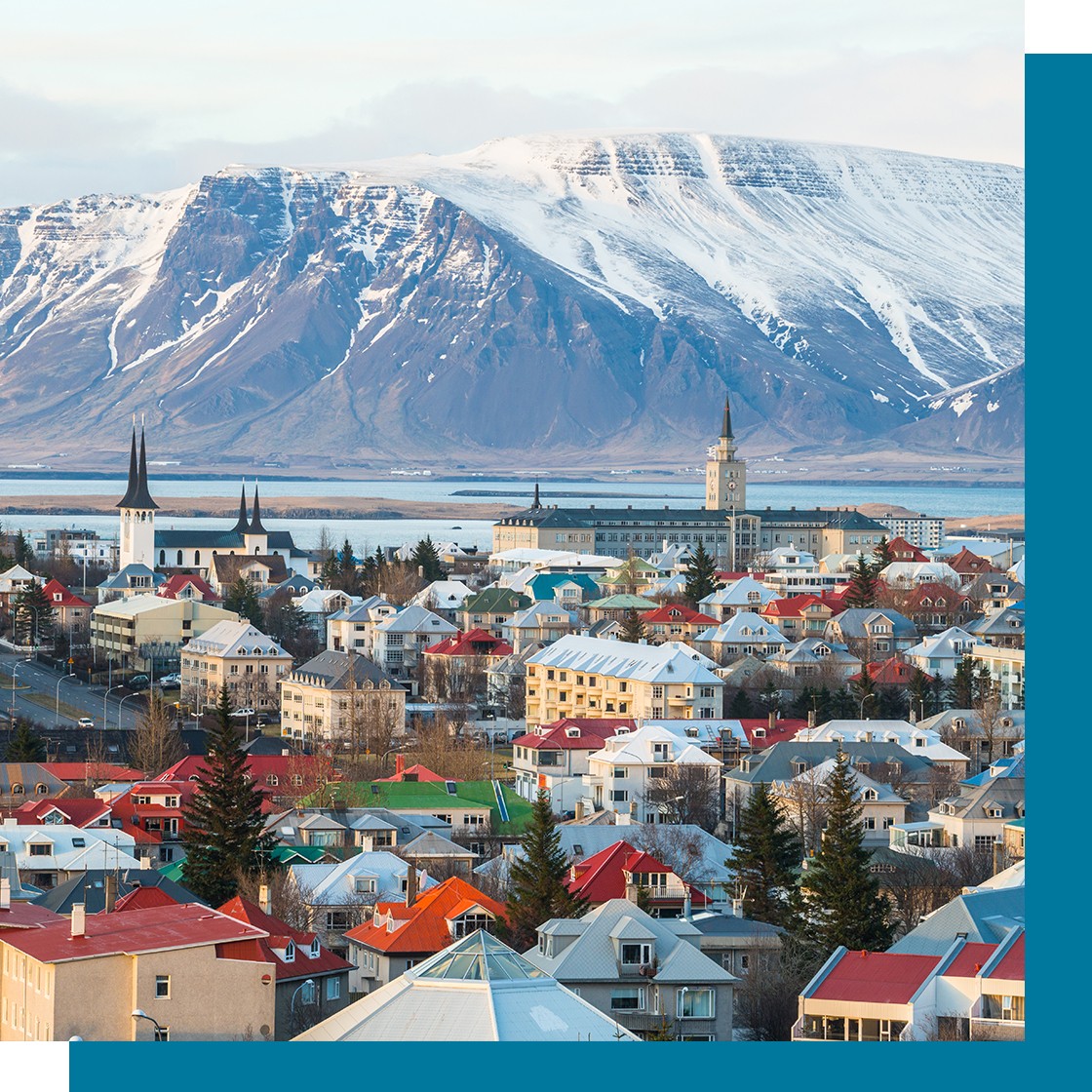
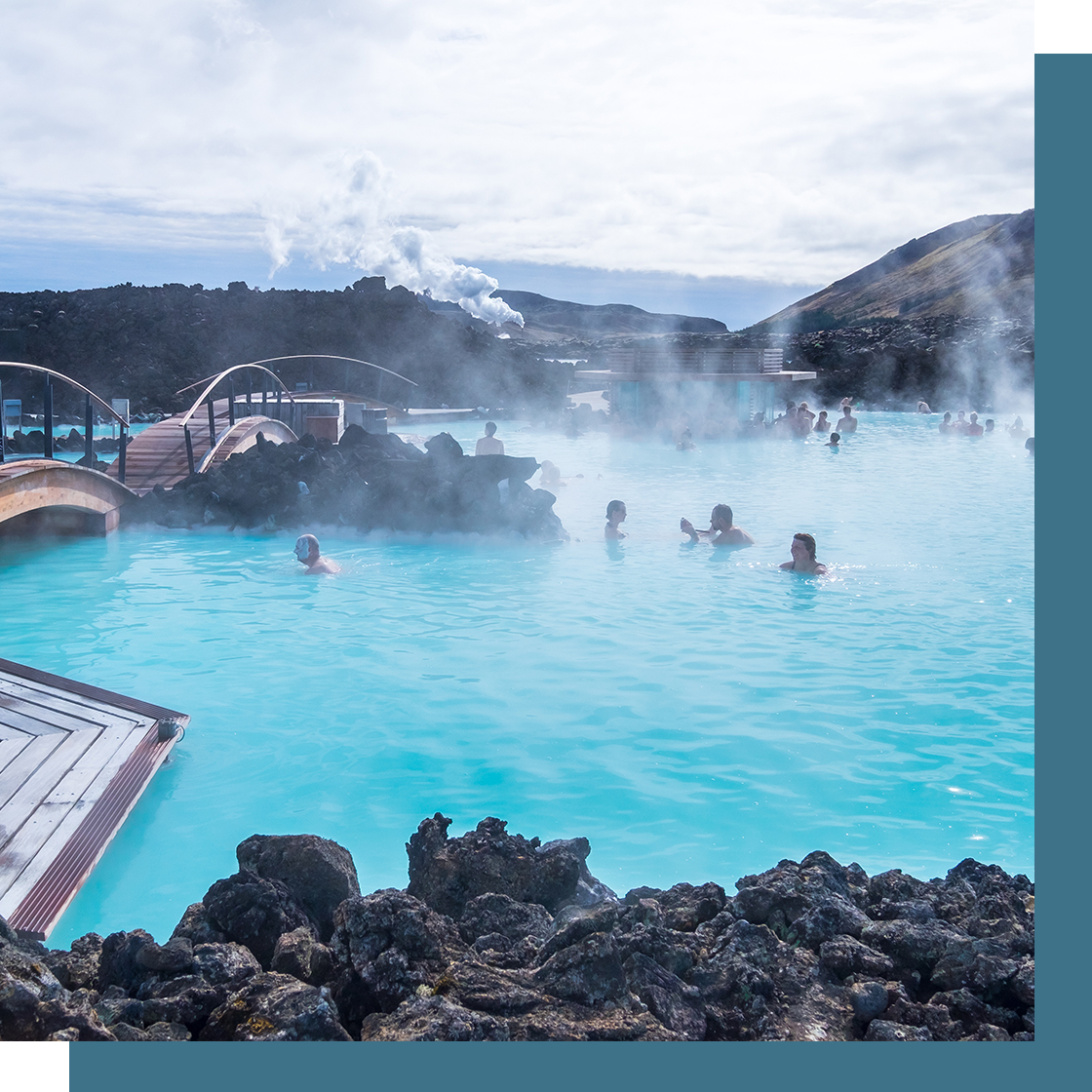
The land of ice and fire must reignite tourism
Tourism traditionally accounts for close to 10 percent of GDP and 35 percent of export earnings in Iceland. For the past 10 years the industry has grown fivefold to become one of the key economic locomotives for the country that attracts about 3 million visitors every year. With such a large depency on tourism, Iceland can feel the crunch resulting from the global slowdown in travel. Yet having kept the virus outbreak under control, the country is regaining credit as a safe and clean gateway. Betting on this argument, and leveraging its vast open landscapes and low population density, the Government has engaged into a new ISK 1.5 billion promotional campaign to reignite tourism. International production crews, filmmakers and leading actors are also increasingly being called back to redynamise local film industry.
A champion of sustainability
With only 360,000 souls, Iceland may be small but it is home to big ideas that are turning the heads of international policymakers. Its climate commitment and proactive sustainability agenda in particular should serve as an inspiration for the rest of the world. As an example, the island produces 100 percent of its electricity from renewable energy sources, thanks to its abundant hydro and geothermal sources. Its capital Reykjavik ranks as the world’s most sustainable city, and climate change is even an official discipline taught in the national curriculum. Such a virtuous sustainability model could be well worth sharing and emulating in our post COVID-19 world.
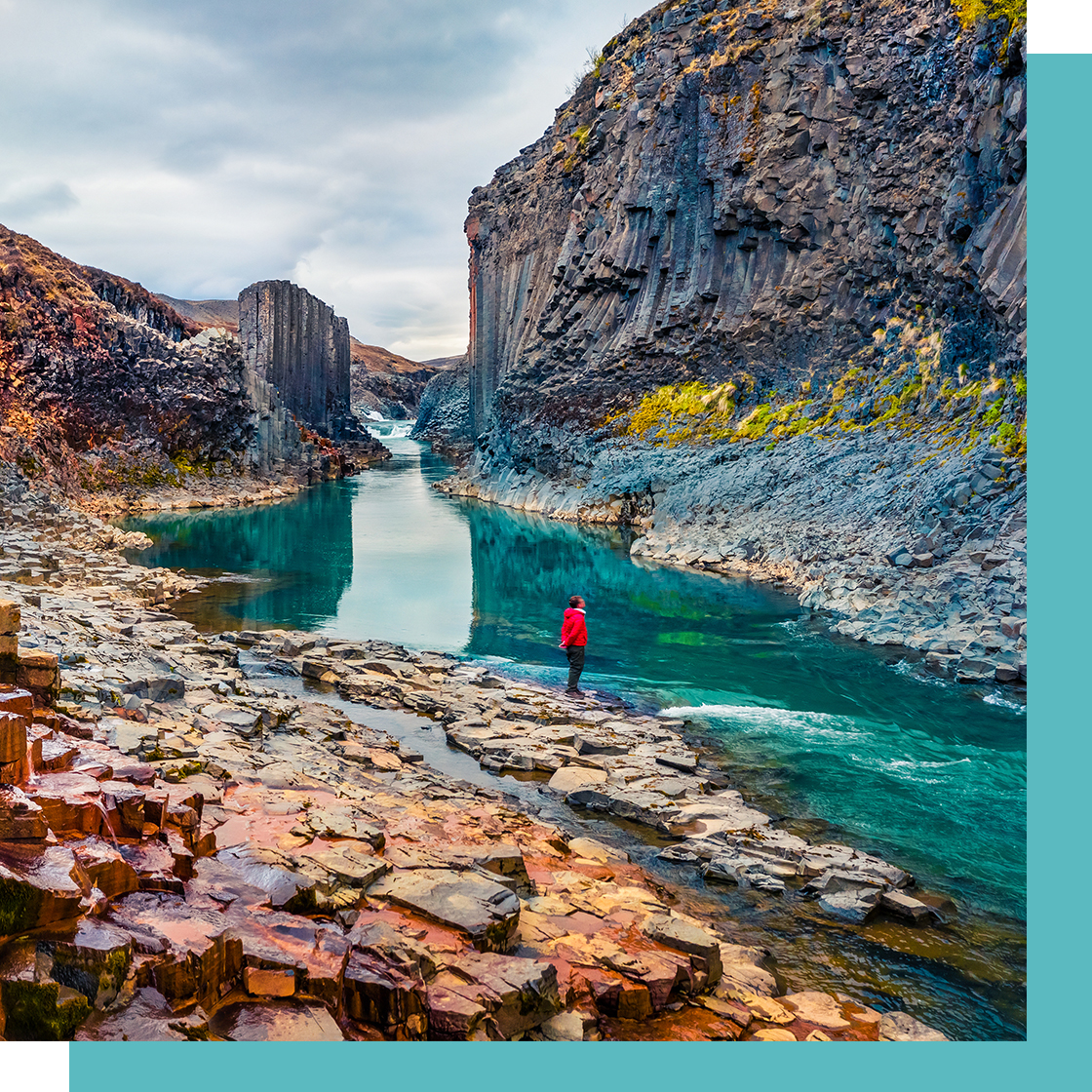
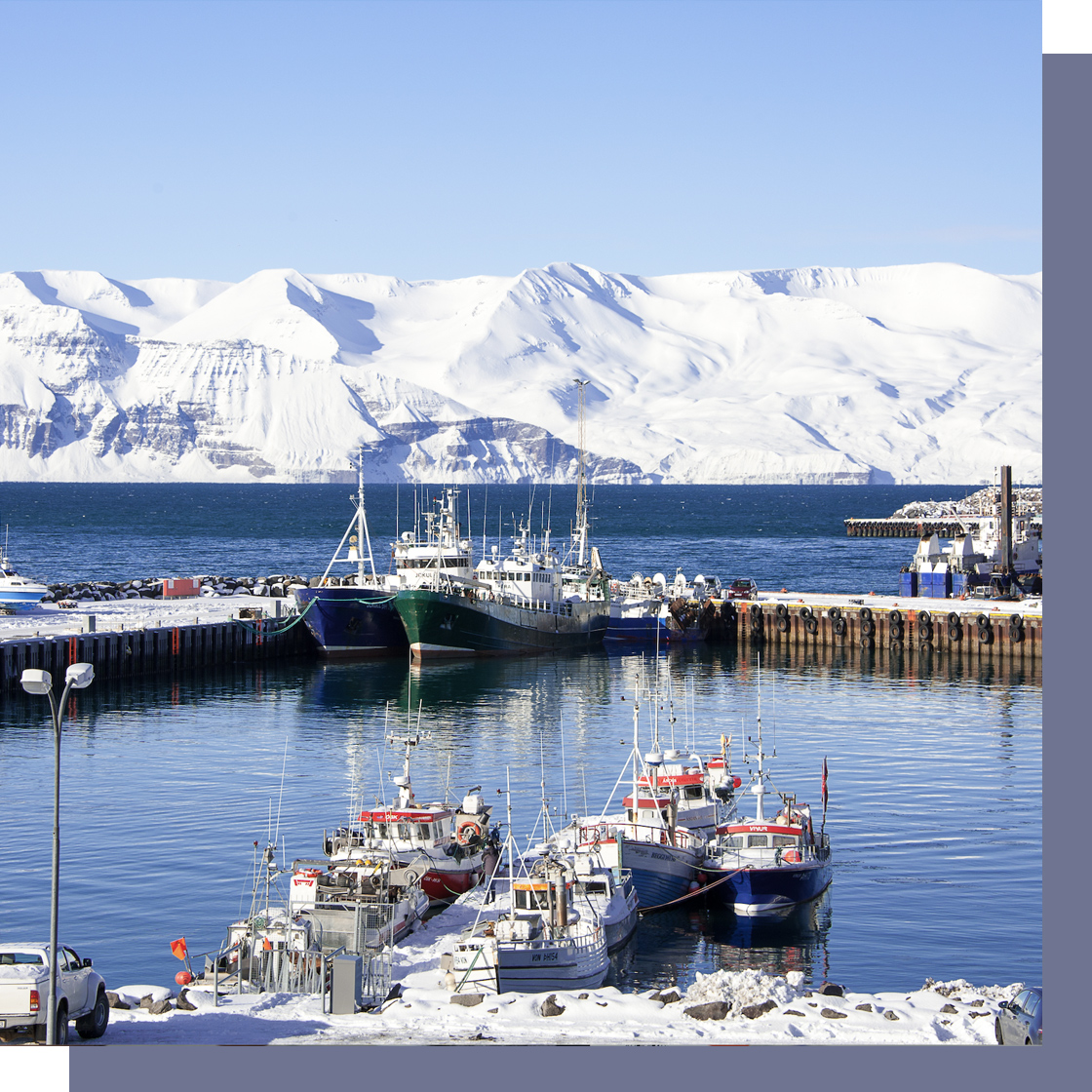
Responsible and sustainable fishing in practice
Fishing has been part of Icelandic DNA since ancient times. With a long and rich seafaring and fishing heritage, Iceland has evolved over the years and developed one of the most modern and competitive seafood industries in the world. Furthermore, the nation has become a global leader in the advancement of fishing equipment, marine technology, navigational techniques and fish detection instruments. Sustainable harvesting and protection of marine ecosystems have been a key focus for the sector in the recent past, contributing to the progressive transformation of the industry. As a key economic driver in Iceland, fisheries account directly for 11% of GDP and employs over 5% of the workforce. The new economic reality post COVID-19 has created unforeseen challenges prompting companies and regulators alike to launch innovative solutions to adapt to the particular needs of the market today.
Special Feature for Newsweek
Country Reports’ special feature on Iceland will provide exclusive insights, analysis and fresh perspectives on these topics, based on our team’s exclusive exchanges with top political and business leaders.
Distributed exclusively on Newsweek.com reaching a vast readership of 95 million, our special feature will be promoted both through a banner placed on Newsweek’s homepage for a week, and a full-page article inserted in Newsweek’s international print edition ensuring large visibility and awareness for the reader.
The feature on Iceland will also be hosted in the Newsweek library (www.newsweek.com/newsweek-country-reports) for two full years.
